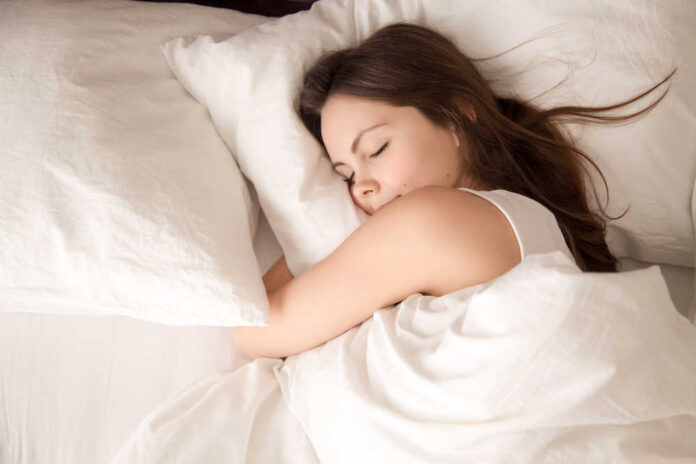
Getting older forces you to experience many changes, inside and out. Your body, lifestyle, and even your sleep patterns can change.
You may have more trouble falling asleep and staying asleep through the night. You may also find that you are more tired during the day and need to take naps.
Aging can lead to changes in your sleep patterns for several reasons:
You May Have More Health Problems
Older adults are generally more likely to have health problems that can interfere with sleep. These can include conditions like arthritis, obesity, sleep apnea, heart disease, and diabetes, as well as acid reflux, cognitive decline, or aches and pains.
In some cases, there might not be very much you can do about the underlying health problem. But if you can treat the condition or at least manage the symptoms, you may be able to improve your sleep.
Your Medication Mays Affect Your Sleep
With these age-related health conditions often come medications. Some of these medications can have side effects that interfere with sleep. Examples include:
- Antihistamines for allergies
- SSRIs for depression
- Decongestants for stuffy nose
- Corticosteroids for inflammation
- Beta-blockers for high blood pressure
- Ace inhibitors for high blood pressure
- Statins for high cholesterol
- Cholinesterase inhibitors for Alzheimer’s
- Theophylline for asthma
- Hormone replacement for thyroid conditions
Talk to your doctor if your medicine seems to be contributing to fatigue, insomnia, or other sleep problems. It could be a sign that you need a different medication or dosage.
Naps Can Change Your Sleep Schedule
Older adults tend to take more naps during the day. While a short nap here and there can be good for restoring energy levels, napping may also interfere with nighttime sleep.
Tiredness during the day and insomnia at night can create a vicious cycle. The more you nap during the day, the more likely you are to have trouble sleeping at night.
If you need to nap, go to bed rather than fall asleep in your chair or on the couch. Uncomfortable sleeping positions can worsen your aches and pains and further disrupt your sleep at night.
You May Experience Nocturia
Nocturia is the formal name for waking up at night to urinate. Sometimes it is related to what you drink (caffeine or alcohol can stimulate urination) or how much you drink. It could also be related to diabetes, heart issues, infection, inflammation, or age-related bladder problems.
Be mindful of how much you drink in the hours before bedtime, and try to empty your bladder completely before going to sleep. Talk to your doctor if you still have frequent bathroom visits at night. They may be able to prescribe medications to relieve you.
Hormone Changes Can Change Sleep Patterns
Menopause can cause various symptoms that can interfere with sleep, such as hot flashes and night sweats. It can also lead to changes in mood and energy levels that make it hard to fall asleep or stay asleep.
And for all people, as we age, our bodies produce less of the sleep-promoting hormone melatonin. Melatonin helps to regulate our natural sleep-wake cycle. So, this decline may make it harder to fall asleep and stay asleep.
Your Mental Health Matters Too
No matter how old you are, your mental health can have a big impact on your sleep patterns. Conditions like anxiety, depression, and stress can all interfere with sleep.
Many older adults may also more frequently experience grief and loss, making it hard to sleep.
Talk to your doctor or a therapist if you are struggling with your mental health. They can help you develop coping mechanisms and may also be able to prescribe medication to improve your symptoms.
When you can find more stability and comfort in your emotional life, you will likely find that your sleep patterns improve as well.






















